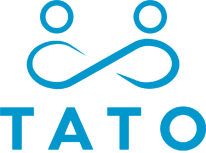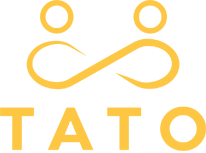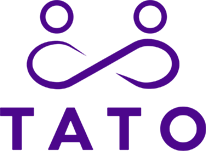




Upcoming Workshops
TA101 - Intro to TA
Menu






This seminar, Pets in the Therapy Space on 22 November, will focus on the often discounted aspect of a child’s (or adult’s) significant attachment relationship

Is burnout becoming more a problem in the workplace and our home lives? Would a change of direction help tackle the crisis in mental health

What makes Imago Relationship Therapy a great way of working with couples? This short video from the Imago Relationship Therapy trainer, Ian Tomlinson, explains why

In honour of a brilliant psychotherapist and a cherished friend. I wanted to write a follow up to last month’s video story about the Handless

New year, new group, new start Beren Aldridge and Bev Gibbons, our Foundation Certificate trainers, share their thoughts on the first training weekend of the
Psychotherapy is often like being a detective. In learning how to be a psychotherapist we go on the hunt for what is the underlying meaning
Are you thinking that you might be interested in training as a psychotherapist or a counsellor? Wondering if this is the kind of work you
If you are considering a career change to working as a psychotherapist this post is for you. You will find out what to expect on
So, you think you might want to begin psychotherapy training? Career Change You probably have lots of questions as you think about making this potential
What might you expect on the TA101? The TA 101 is known as the “official introduction” to transactional analysis. What does official introduction mean? If